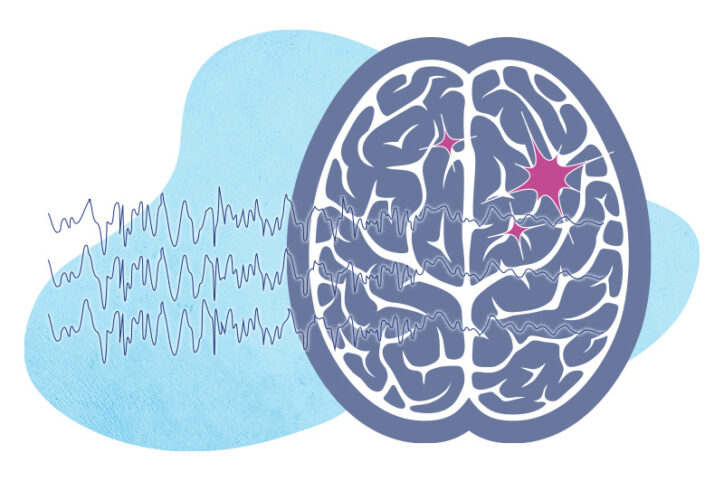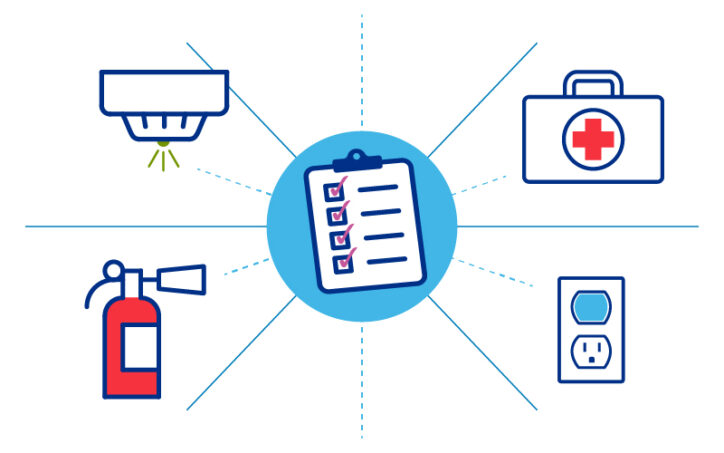Archive for primary care
Infantile spasms: Speeding referrals for all infants
Infantile epileptic spasms syndrome (IESS), often called infantile spasms, is the most common form of epilepsy seen during infancy. Prompt diagnosis and referral to a neurologist are essential. Infantile spasms can present subtly, and research indicates that diagnosis is often delayed. Additionally, infants are especially likely to experience delays in referral to a neurologist if ... Read More about Infantile spasms: Speeding referrals for all infants
Which children in status epilepticus are most at risk?
Status epilepticus, a prolonged, potentially life-threatening seizure, is epilepsy’s most severe manifestation. Patients known to have refractory status epilepticus are more likely to need ICU care if initial treatment is delayed. But what about the broader population of children who come to the emergency room in status epilepticus? Are there any early indicators to predict ... Read More about Which children in status epilepticus are most at risk?
Tagged: epilepsy, neurology, primary care, seizures
Diving into summer: What to know about water safety
The sun is back, the temperatures are rising, and that means more of us will be heading towards the water to cool off. Whether your family is going to a pool, beach, lake, or pond, knowing how to keep your children safe when splashing in the water should be top of mind. We recently spoke ... Read More about Diving into summer: What to know about water safety
Tagged: primary care, primary care alliance, safety, summer safety
Spring into good health: Tips for allergies, poison ivy, and tick bites
Spring is here — and so are allergies, poison ivy, and ticks carrying Lyme disease. But that doesn’t mean your family shouldn’t embrace springtime. Here are some tips to help your child best control allergies and avoid (and treat, if necessary) poison ivy and tick bites. Simple steps and home remedies can tame allergies Managing spring allergies doesn’t have ... Read More about Spring into good health: Tips for allergies, poison ivy, and tick bites
Tagged: allergy, asthma, primary care
Researchers look for ways to start puberty ‘on time’
Children who experience early puberty or delayed puberty may be at risk of having shortened height as adults. They may also feel emotionally unprepared for the changes of puberty, and may feel self-conscious or experience social anxieties as a result. To address this challenge, Boston Children’s researchers are trying to further the study of an important genetic player in ... Read More about Researchers look for ways to start puberty ‘on time’
Tagged: adolescent medicine, endocrinology, primary care
Babies and screen time: New research calls for caution
If you’re a parent, you’ve probably been there. You have a baby howling for attention, but you need to cook dinner or get a sibling to take a much-needed nap. Baby TV shows, touch tablets, and digital phone toys can feel like lifesavers in keeping an active infant calm and contained while juggling what life ... Read More about Babies and screen time: New research calls for caution
Tagged: developmental medicine, eeg, media, neuroscience, primary care, well child care
Rethinking the need for ADOS testing to diagnose autism in young children
The Autism Diagnostic Observation Schedule, or ADOS testing, was developed in the 1980s as a tool for autism research. Through a series of semi-structured observations, trained evaluators assess children’s communication skills, social interaction, and imaginative use of materials. But over time, the ADOS has come to be considered the gold standard for a clinical diagnosis ... Read More about Rethinking the need for ADOS testing to diagnose autism in young children
Childproofing your home: A checklist for parents
Bumps and bruises are a part of growing up. But serious injuries can cause lasting damage. By making a few adjustments around your house, you can help your child stay safe and healthy at home. We spoke to Dr. Katherine Shearer of Longwood Pediatrics, part of Boston Children’s Primary Care Alliance, about keeping kids safe ... Read More about Childproofing your home: A checklist for parents
Tagged: primary care, safety
Remember these seven things before bringing your newborn home from the hospital
Congratulations, you just had a baby! Now what? Whether it’s your first, second, or eighth child, the initial weeks of life with a newborn can be a sleep-deprived blur. Hopefully, your first few days postpartum come with the support of knowledgeable, compassionate nurses and hospital staff. So before being discharged home with your bundle of ... Read More about Remember these seven things before bringing your newborn home from the hospital
Tagged: pregnancy, primary care, primary care alliance
Four ways to support your teen’s mental health
Being a teen is hard enough, but with the current adolescent mental health crisis, parents should know about the psychosocial challenges — from stress to suicidal thoughts — teens face nowadays. We spoke with Nanci Ginty Butler, LICSW, director of Mental Health Services in the Division of Adolescent and Young Adult Medicine at Boston Children’s ... Read More about Four ways to support your teen’s mental health
Tagged: adolescent medicine, primary care, suicide











